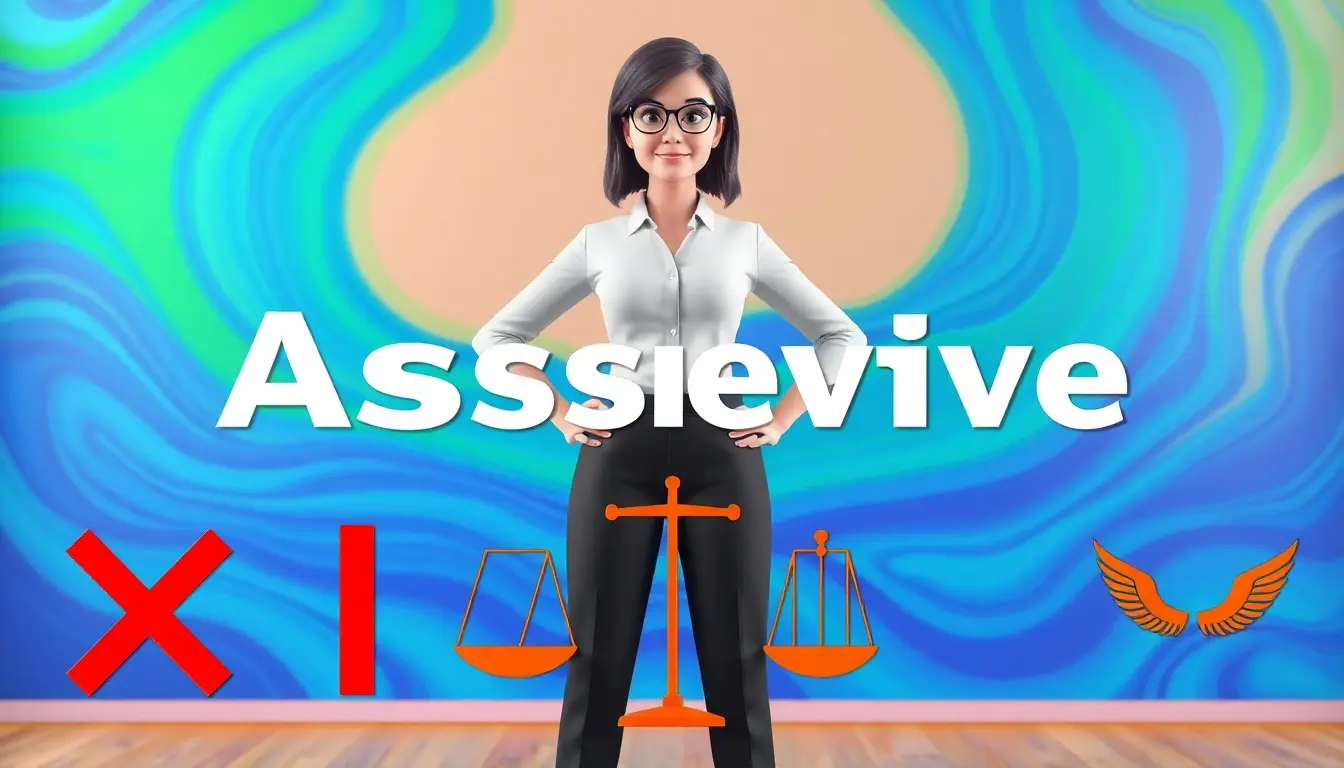Negotiation tactics are essential skills for anyone looking to get ahead in their personal and professional lives. Whether you’re a business owner, a salesperson, or simply someone who wants to get a better deal on a car, negotiation is a crucial aspect of achieving your goals.
Understanding the Basics of Negotiation
Before we dive into the various negotiation tactics, it’s essential to understand the basics of negotiation. Negotiation is a conversation between two or more parties with the goal of reaching a mutually beneficial agreement. It involves communicating effectively, being open-minded, and finding creative solutions to problems.
In any negotiation, there are three key elements: interests, needs, and positions. Interests refer to the underlying desires and concerns that drive a person’s position. Needs are the requirements that must be met for a party to agree to a deal. Positions are the specific demands or offers made by each party.
Separating Interests from Positions
One of the most critical negotiation tactics is to separate interests from positions. This involves understanding the underlying interests and needs of the other party, rather than just focusing on their position. By doing so, you can create opportunities for creative solutions that meet both parties’ needs.
For example, in a salary negotiation, the employer’s position may be to offer a certain salary range, while the employee’s position may be to request a higher salary. However, by understanding the employer’s interests (e.g., attracting top talent) and needs (e.g., staying within budget), the employee can propose a solution that meets both parties’ needs, such as additional benefits or a performance-based raise.
Active Listening: The Key to Successful Negotiation
Active listening is another essential negotiation tactic. It involves fully concentrating on what the other party is saying, understanding their perspective, and responding appropriately. Active listening helps to build trust, diffuse tension, and create an environment conducive to creative problem-solving.
Paraphrasing and Reflecting
Two effective active listening techniques are paraphrasing and reflecting. Paraphrasing involves restating what the other party has said in your own words, while reflecting involves mirroring their emotions and tone. These techniques help to ensure that you understand the other party’s perspective and show that you’re engaged in the conversation.
For example, in a business negotiation, the other party may say, “We’re concerned about the quality of your product.” You could respond by paraphrasing, “Just to make sure I understand, you’re worried that our product may not meet your quality standards?” or by reflecting, “I sense that you’re frustrated with the quality issues you’ve experienced in the past.”
Anchoring: Setting the Tone for Negotiation
Anchoring is a powerful negotiation tactic that involves setting the tone for the negotiation by making the first offer. The anchor sets the reference point for the negotiation, and subsequent offers are often influenced by this initial anchor.
The Power of Anchoring
Research has shown that anchors have a significant impact on the outcome of negotiations. In one study, participants were asked to negotiate the price of a house. The results showed that the final price was significantly influenced by the initial anchor, even when the anchor was arbitrary or irrelevant.
For example, in a salary negotiation, if you anchor with a high salary range, the employer is likely to respond with a lower offer that is still higher than what they would have offered otherwise. This sets the tone for the negotiation and can ultimately result in a better outcome for you.
Time Pressure: Using Time to Your Advantage
Time pressure is another effective negotiation tactic. It involves using time constraints to your advantage by creating a sense of urgency or scarcity.
The Power of Deadlines
Deadlines can be a powerful tool in negotiation. By setting a deadline, you can create a sense of urgency and encourage the other party to make a decision. This can be particularly effective in situations where the other party is procrastinating or hesitant to make a commitment.
For example, in a business negotiation, you could say, “We need to finalize the deal by the end of the week, or we’ll have to revisit our proposal.” This creates a sense of urgency and encourages the other party to make a decision.
Emotional Intelligence: Managing Emotions in Negotiation
Emotional intelligence is critical in negotiation. It involves being aware of your own emotions and those of the other party, and using this awareness to manage emotions and build trust.
Recognizing and Managing Emotions
Emotions can be a major obstacle in negotiation. Anger, frustration, and anxiety can lead to impasse and conflict. By recognizing and managing emotions, you can create a more constructive and collaborative environment.
For example, if you notice that the other party is becoming agitated or frustrated, you could say, “I sense that you’re feeling frustrated with the current proposal. Can we take a break and revisit the issue when we’re both feeling calmer?” This helps to diffuse tension and create a more constructive environment.
FAQ
What is the most effective negotiation tactic?
There is no single most effective negotiation tactic. The most effective tactic will depend on the situation, the parties involved, and the goals of the negotiation. However, active listening, anchoring, and emotional intelligence are often cited as essential negotiation skills.
Can negotiation tactics be used in personal relationships?
Yes, negotiation tactics can be used in personal relationships to improve communication, build trust, and resolve conflicts. Effective negotiation skills can help you navigate difficult conversations and achieve better outcomes in personal relationships.
Are negotiation tactics only used in business?
No, negotiation tactics are not limited to business. They can be used in a wide range of situations, including personal relationships, salary negotiations, and even everyday conversations. Anyone can benefit from developing effective negotiation skills.
Conclusion
Negotiation tactics are essential skills for anyone looking to achieve their goals and improve their relationships. By understanding the basics of negotiation, using active listening, anchoring, time pressure, and emotional intelligence, you can become a more effective negotiator and achieve better outcomes in all areas of your life. Remember to always stay flexible, open-minded, and creative, and to use negotiation tactics strategically to achieve your goals.







Leave a Reply